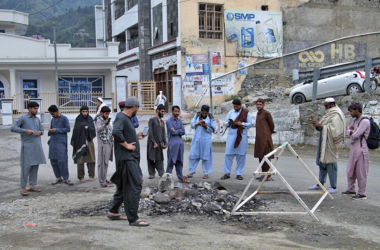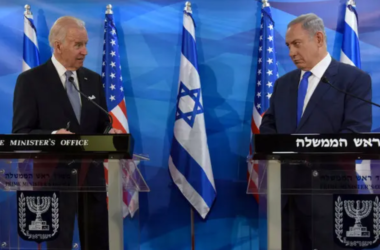While the international spotlight remains fixed on the ongoing conflicts in Ukraine and Gaza, analysts are sounding alarm bells about a series of potential conflicts that could erupt in 2024, attracting less global attention. The International Rescue Committee (IRC) recently released its emergency watchlist for the coming year, identifying 20 countries facing an elevated risk of security deterioration. Despite accounting for only 10% of the world’s population, these nations represent a staggering 70% of displaced persons and approximately 86% of the global humanitarian need.
According to the United Nations, the number of people displaced by war and conflict worldwide exceeded 114 million in October, a figure that is expected to be even higher currently. The IRC’s watchlist emphasizes the existence of additional crises that demand international attention, citing structural factors related to conflict, climate change, and economic challenges.
IRC President and CEO David Miliband expressed concern over the complex convergence of climate risks, impunity in conflict zones, and escalating public debt, creating a challenging environment for vulnerable populations. Miliband acknowledged the urgency of addressing high-profile crises like Gaza but stressed the importance of recognizing and responding to simultaneous crises across the globe.
Isabelle Arradon, research director at the International Crisis Group, highlighted a concerning trend, noting that global conflict fatalities are currently at their highest since 2000. The presence of multiple warning signs, coupled with a shortage of resources for conflict resolution, has created a volatile landscape. Arradon cited increasing geopolitical competition and a waning appetite for resolving deadly conflicts as contributing factors.
Miliband emphasized the necessity of addressing crises on multiple fronts, considering the interconnected challenges posed by conflict, climate change, and economic disparities. As the IRC’s watchlist brings attention to countries facing potential upheaval, the international community is urged to adopt a comprehensive and proactive approach to prevent further humanitarian crises.
While the crises in Ukraine and Gaza rightly command global attention, the emergence of potential conflicts in numerous other regions serves as a stark reminder of the broader challenges facing the world. The IRC’s watchlist underscores the urgent need for coordinated efforts to address not only ongoing crises but also the structural factors contributing to instability. As geopolitical dynamics evolve, the international community faces the complex task of navigating multifaceted challenges and preventing the escalation of conflicts that could have far-reaching humanitarian consequences.








